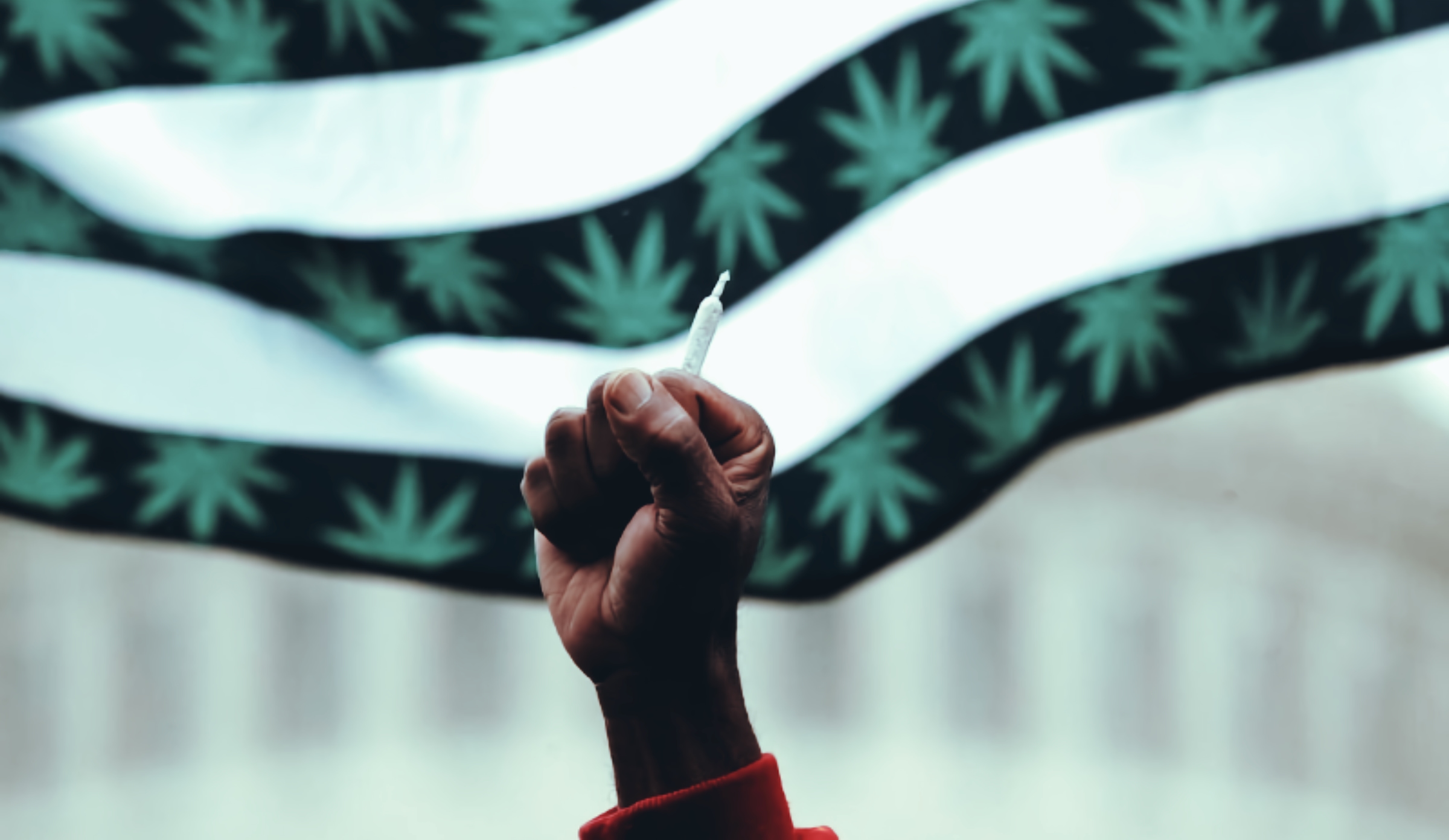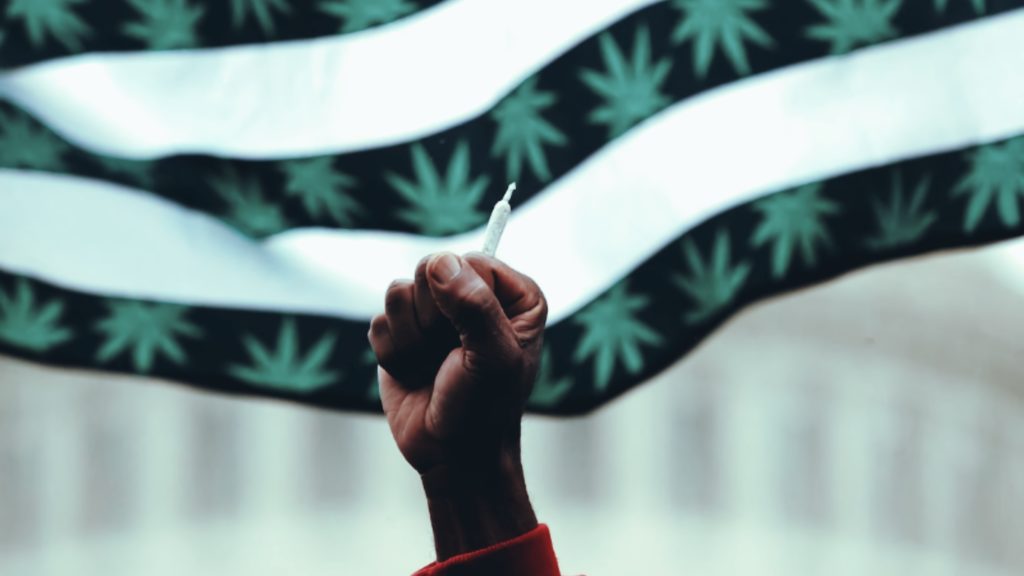
Social equity has become a hand-in-hand term next to marijuana. It’s been the ticket to making pot a nationwide talking point in politics, giving it a sense of urgency that the image of a pothead doesn’t elicit.
But the road to making that happen is proving to be extremely complicated for some states, including California.
For the most part, the prominent example of “social equity” has been in how the states hand out their Marijuana licenses to open up dispensaries. However, as an article at The New Republic points out, that’s not the end of the road.
“So a cannabis license is not a ticket to automatic riches: A license is just the first hurdle. And the more money needed to get a license, acquire property, pay taxes, and adhere to regulations, the whiter the legal cannabis industry becomes. Bank loans are not an option, as most banks refuse to do business with an industry breaking federal law. State-licensed businesses rely mostly on private capital, something Black people often don’t have access to; in the nearly 160 years after the Emancipation Proclamation, Black families have gone from collectively controlling 0.5 percent of the nation’s wealth to controlling less than 2 percent.”
Still, besides grants and subsidies, it’s the best that the states have to offer. And even on that front, California has been slacking. According to the same article, medical pot shops in the state took priority and were given licenses before the social equity program was even up and running. It’s an understandable step to take, allowing businesses that already have marijuana on hand to open their doors to more customers, but it also closed the door on many other licenses that could have gone to those effected by the war on drugs.
New York has seemed to see this difficulty and try to course-correct. They’re accomplishing this in two main ways: a percentage fulfillment and a high priority on social equity.
Of all licenses given out, New York pledges 50% of those to social equity licenses. That’s a huge number, and ongoing. Secondly, the first 100 to 200 licenses given out in the state will be to social equity applicants. In particular, to people who have been convicted of a cannabis-related offense, or has a family member who has been convicted. This gives a giant headstart to these applicants, and doesn’t fall for the same trap of giving the medical businesses availability before anyone else.
Again, this doesn’t solve the larger problem of all the expenses beyond a license, but it’s a much better start that New York had the ability to find by seeing other states fail in their process.
Read the New Republic article here, and more on the New York social equity program here.


